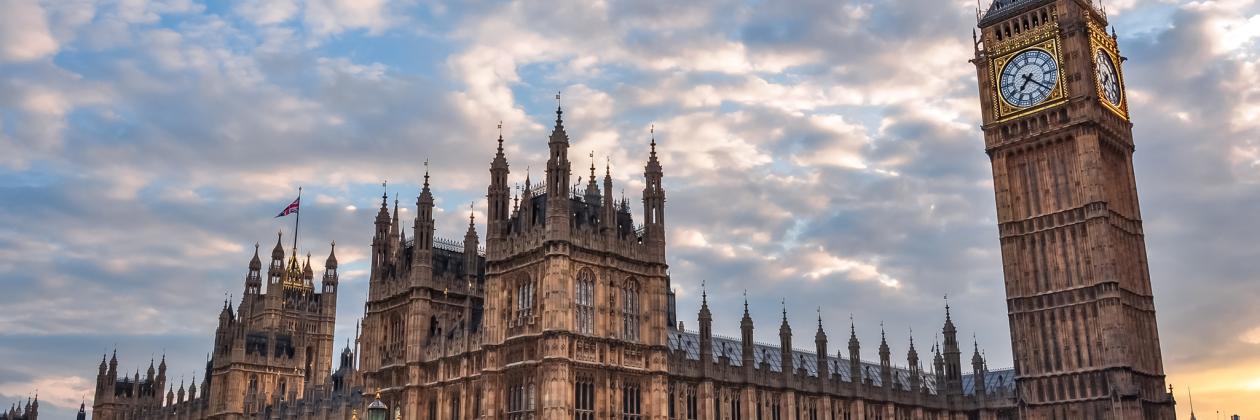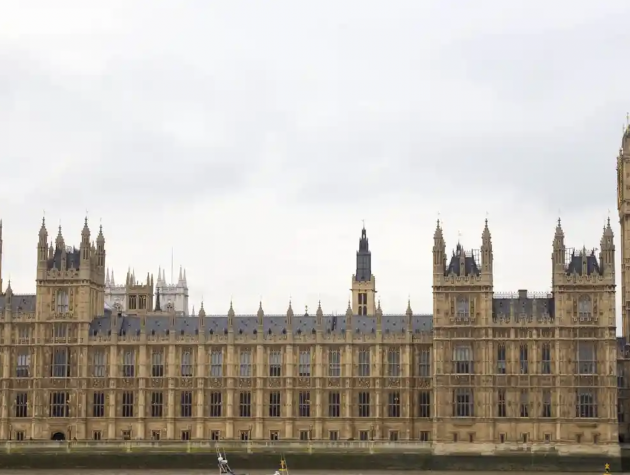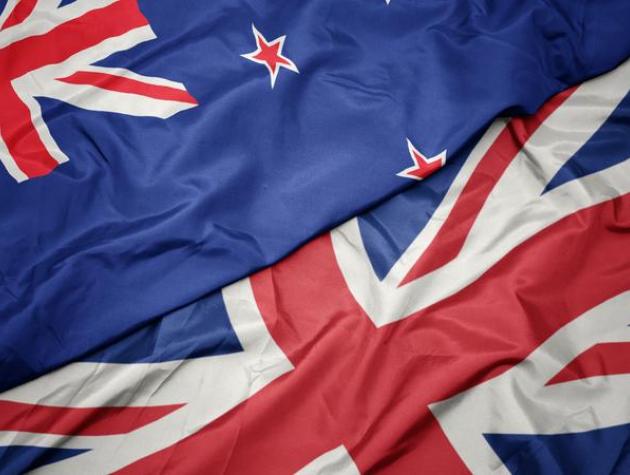Emily Jones et al quoted in House of Lords Report on UK Accession to CPTPP
The House of Lords International Agreements Committee has recently published a report on the UK accession to the Comprehensive and Progressive Agreement for Trans-Pacific Partnership (CPTPP), which extensively quoted the written evidence submitted by GEG's Emily Jones, Beatriz Kira and Danilo B. Garrido Alves.
The key points of their evidence are as follows:
- CPTPP provisions impose significant limits on the scope and nature of policy measures the UK Government will be able to use to regulate cross-border data flows, including to protect the personal data of UK citizens; to regulate new technologies including automated decision- making; and to regulate online content hosted by internet platform companies.
- Given the importance of the digital trade agenda and ramifications for businesses, workers, and citizens, we recommend that stakeholder consultation, and processes for parliamentary scrutiny are strengthened.
- With regards to cross-border data flows, we recommend that the Government provides further evidence and analysis on whether the UK’s existing regulations on personal data protection meet the requirements specified in Articles 14.11 and 14.13 of the CPTPP, and explaining why it has chosen not to negotiate more substantial carve-outs for personal data protection such as those proposed by the EU in its trade agreements. We recommend that the Government negotiates more robust exceptions for privacy measures in its upcoming trade negotiations, including CPTPP accession, to provide reassurance that the UK’s existing high standards of personal data protection can be maintained.
- With regards to the regulation of new technologies, including algorithm accountability, we recommend that the Government provides further evidence and analysis on: whether there is scope to negotiate carve-outs and exceptions that are sufficiently broad to ensure individual rights to reasonable explanation and reasonable inferences and the ability of the Government to regulate new technologies; whether the restrictions to source code of software disclosure might negatively affect the development of open source in the UK. We recommend that the UK Government negotiates for the inclusion of wider exceptions in the CPTPP to ensure that future regulatory measures on the accountability and oversight over automated decision-making are permitted, and to ensure that the provisions support the use of open source software.
- With regards to regulation of the internet, including online harms, we recommend that Government provides further evidence and analysis on: the possible implications of the CPTPP provisions on safe harbours and ‘notice-and-takedown’ mechanisms on other fundamental rights; the extent to which the domestic liability regime currently adopted in the UK would meet the requirements of article 18.82 or qualify for one the carveouts detailed in Annex 18-E and 18-F.
- With regards to regulatory provisions on consumer protection and trade facilitation for digital trade we note that the CPTPP provisions are minimalist in nature. While this is unlikely to be a priority for the CPTPP accession negotiations, we recommend that in future trade negotiations the Government looks to include stronger provisions on consumer protection, and additional provisions on digital trade facilitation, particularly to address constraints faced by smaller businesses.







